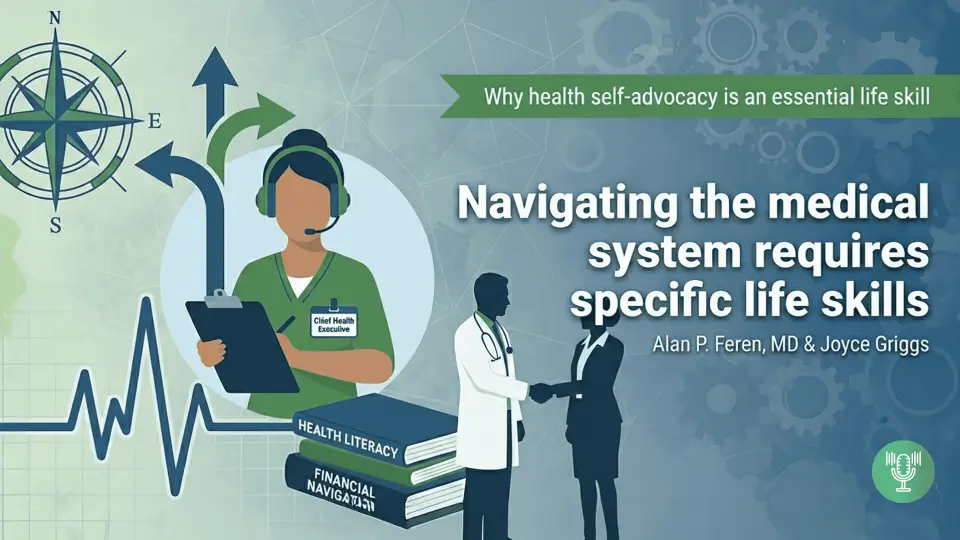For some people, certain sugar-like molecules found in many foods — including milk, some fruits and vegetables, wheat, rye, high fructose corn syrup, and artificial sweeteners — can be difficult to digest. These molecules are called FODMAPs — short for fermentable oligosaccharides, disaccharides, monosaccharides, and polyols. When gut bacteria feed on FODMAPs, gas and bloating can occur.
If you have irritable bowel syndrome (IBS) or other gastrointestinal symptoms, it may be worth temporarily restricting FODMAPs to see if eliminating some of the many common foods with high levels of these sugars can help tame your symptoms. In a study published in Clinical Gastroenterology and Hepatology, people with IBS and diarrhea who followed a low-FODMAP diet saw greater reductions in IBS symptoms, became less anxious, and were less hampered in their activities than those given the usual dietary advice for IBS.
Following a low-FODMAP diet
During phase 1 of the diet, you stop eating foods high in FODMAPs for two to four weeks, substituting low- FODMAP alternatives from the same food groups. Because phase 1 of the diet is highly restrictive, lacks important nutrients, and reduces healthy gut bacteria, it is not meant to be permanent. The goal is simply to determine whether FODMAPs are contributing to your symptoms.
If you don’t feel better after a few weeks, FODMAPs may not be your problem. But if your symptoms improve, you move on to phase 2 in order to figure out which specific foods in this broad group are causing your gastric distress. Every few days, add a high-FODMAP food back into your diet and write down how your gut responds. If symptoms flare, you may want to avoid that particular FODMAP long-term. If not, you can enjoy eating it again.
With your personal FODMAP data in hand, a dietitian can help you plan a well-rounded diet that you can live with. Look for one who is very familiar with FODMAPs.
Reference: Posted in Harvard Health Publishing (2024), Available at: https://www.health.harvard.edu/healthbeat/should-you-stop-eating-fodmaps (Accessed: 21 August, 2024)







